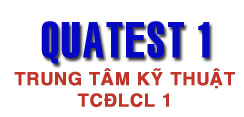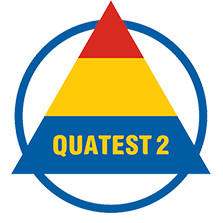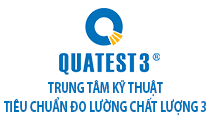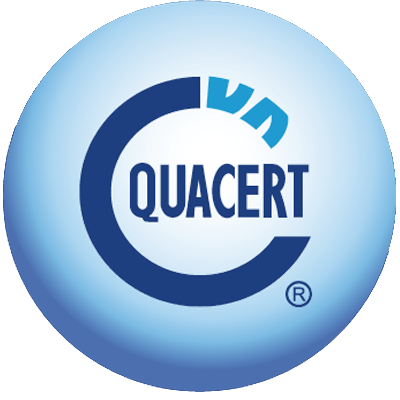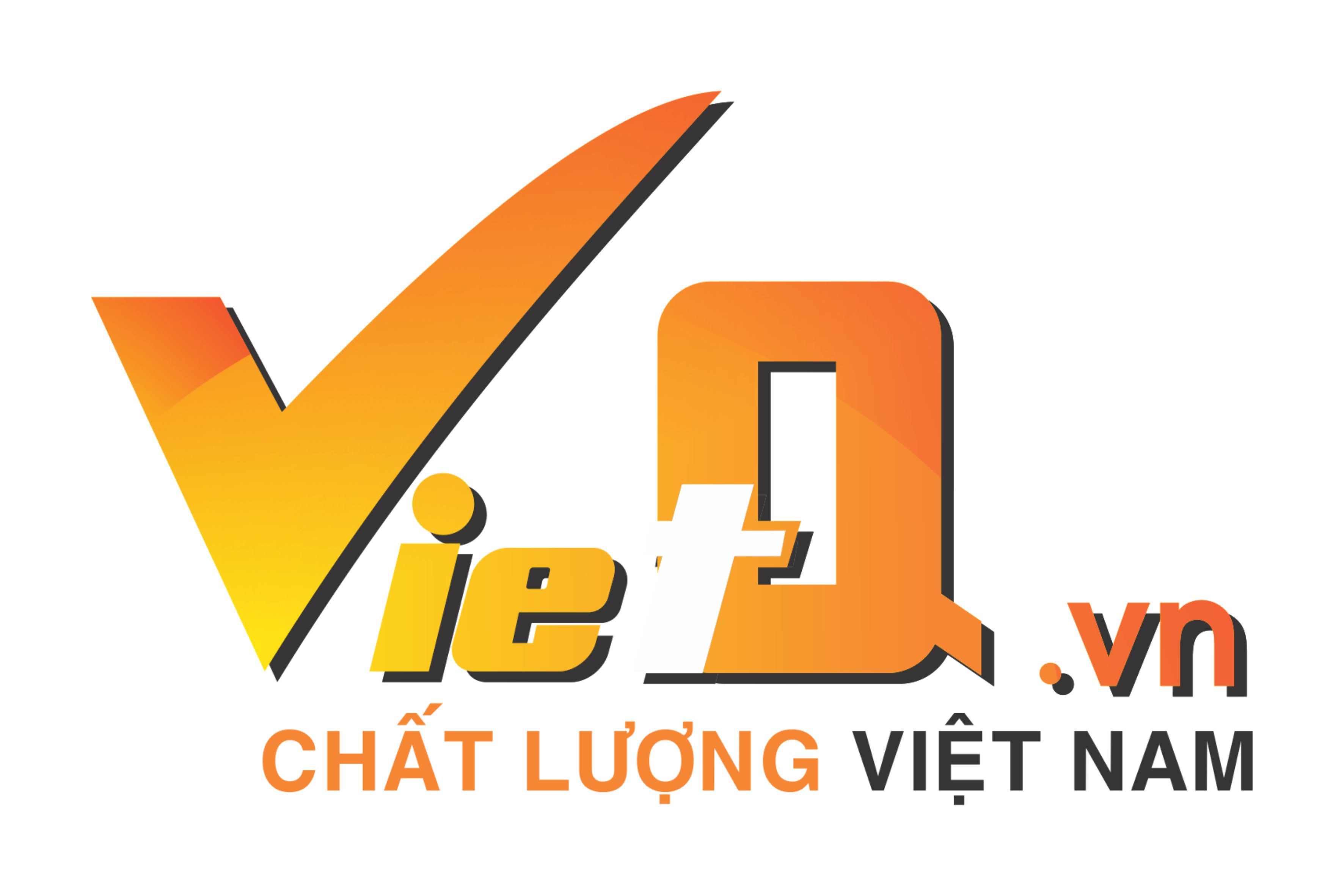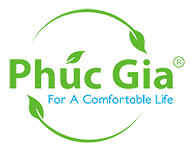Workshop on Developing quality infrastructure related to electric vehicles
Post date: Thursday, Dec 7, 2023 | 17:24 - View count: 466
On December 6, the Directorate for Standards, Metrology and Quality coordinated with the ARISE+ Vietnam Project in organizing a workshop to develop national quality infrastructure in the field of electric vehicles.
Attending the workshop were Mr. Tran Quy Giau – Director of the Department of Metrology, Directorate for Standards, Metrology and Quality (STAMEQ), Professor. Dr. Kostas Athanasiadis – Chief expert in charge of Quality Infrastructure (QI) Component/ ARISE+ Vietnam Project, PhD. Kees Jonkheer – Project expert in the field of QI, along with representatives of ministries and businesses.
Speaking at the conference, Mr. Tran Quy Giau – Director of Metrology Department, STAMEQ, said that according to the 2022 Report of the United Nations Industrial Development Organization (UNIDO), published: QI includes 5 components: Standards, Metrology, Accreditation, Conformity Assessment, Market Surveillance (inspection, testing). These components are tools to support sustainable development based on the United Nations’ sustainable development targets (SDGs) to 2030: society (people), environment (planet), economy (prosperity). Components have their own activities and interact and form a unified system. These components link international assessment organizations, businesses, and support organizations with national and international value chains.
Also according to Mr. Giau, for sustainable socio-economic development, while minimizing the impact of climate change, electrification and emission reduction are current global priorities. In recent years, the shift from cars and motorbikes using fossil fuels to electric-engined cars and motorbikes is becoming increasingly strong. Electric vehicle sales in 2021 nearly doubled from the previous year to a new record of about 6.6 million. In Southeast Asia, Vietnam is one of the leading countries in the electrification of the automobile sector. One of the top concerns is that Vietnam has built a national quality infrastructure (NQI) to promote the development of electric vehicles, including: improving the quality of electric vehicle products, ensuring safety. for consumers and commercial fairness in socio-economic activities using electric vehicles.
 Mr. Tran Quy Giau – Director of Metrology Department, STAMEQ.
Mr. Tran Quy Giau – Director of Metrology Department, STAMEQ.“Through seminars from different perpsectives, managers, scientific and technical experts, organizations in quality infrastructure and electric vehicle manufacturing businesses discuss and find useful solutions. signals to orient and develop national quality infrastructure, and at the same time, propose and establish coordination mechanisms and methods appropriate to the requirements and conditions of new management measures in the current period. , especially in the context of the 4th Industrial Revolution as well as climate change all over the world,” Mr. Giau emphasized.
Speaking at the Conference, Prof. Dr. Kostas Athanasiadis – Chief expert in charge of Quality Infrastructure (QI) Component/ ARISE+ Vietnam Project said that increasing trade activities will contribute to national growth, poverty reduction and economic development, the important aspect in the trade factor is the supply side, we can enhance market access through gaining market penetration, thus being able to continue reach customers and consumers as well as be recognized by them.
The topic of NQI development is a very broad field with many different activities, being able to understand technical regulations as well as extremely important standards, entailing different steps, and how to apply quality infrastructure to increase safety and competitiveness as well as competitive advantage and promote trade, and at that time through the application of standards and regulations to minimize products that are of poor quality and do not meet requirements. Thus, NQI will directly contribute to economic growth as well as eliminate negative consequences. At the same time, NQI is the means through which we establish technical barriers for our products and goods.
 Prof. Dr. Kostas Athanasiadis – Chief expert in charge of Quality Infrastructure (QI) Component/ ARISE+ Vietnam Project.
Prof. Dr. Kostas Athanasiadis – Chief expert in charge of Quality Infrastructure (QI) Component/ ARISE+ Vietnam Project.Presenting at the conference, Dr. Kees Jonkheer – Project expert in the field of QI shared international experiences on developing national quality infrastructure policy: Lessons and Recommendations (EU). According to experts, in Vietnam, NQI is formed on the basis of the provisions of the Law on Standards and Technical Regulations, the Law on Quality of Products and Goods and the Law on Metrology, and related laws. Vietnam’s QI largely complies with WTO commitments. NQI has been built to operate according to international practices.
However, the NQI concept, principles and implementation measures to promote further development of Vietnam’s NQI need to be improved; Strengthening NQI capacity is an essential requirement and solution to help businesses improve their competitiveness, international integration and access the Fourth Industrial Revolution.
Regarding recommendations for NQI, according to experts, it is necessary to include the private sector in NQI, especially in the development and application of standards. The second is to improve coordination (e.g. through a Quality Infrastructure (QI) Council); Third is the shift to a service-based approach: QI in the context of trade promotion and facilitation; innovation and productivity; Fourth is to create a level playing field for QI service providers and expand the mutual recognition mechanism; The fifth is to improve the testing landscape and reduce laboratories; The sixth is to establish a Certification Authority; Seventh is improving risk-based management; Eighth is updating the metrology field; Ninth is to increase participation in International Standards and Related Bodies.
Also according to the expert, in terms of international experience, China became a global industrial leader by setting standards; in Japan promoting innovation to create new markets; or in Korea, quality infrastructure is considered strategically and developed in the context of the Regional Balanced Policy; In India, sectoral approach + Quality improvement program for small and medium enterprises; In Indonesia, the value chain approach; In Singapore, create a business-friendly legal environment; In Malaysia, tax incentives are given to quality Infrastructure service providers; In Germany quality infrastructure for innovation + Extensive participation of the private sector; In France NQI serves sustainable development; In the UK reliability and international presence in QI services.
Within the framework of the conference, Tran Quy Giau – Director of the Metrology Department, STAMEQ also shared about NQI development in the field of electric vehicles and solutions. Accordingly, currently operating Standards, Vietnam has 800 QCVN; 13,500 TCVN, the rate of harmony with international and regional standards reached over 62%; Technical committees and subcommittees of the ISO Organization; 03 technical committees of IEC organization; 135 technical committees and 56 national standards technical subcommittees; 1,100 experts and scientists from institutes, schools, associations, businesses…
Vietnam has 31 calibration measurement capabilities (CMCs); 32 national measurement standards; 349 technical measurement documents (DLVN); 564 registered organizations, 385 designated organizations; 4,800 verifiers; 7,300 measurement standards; conformity assessment includes 1,582 registered conformity assessment organizations; 370 designated conformity assessment organizations; 03 accreditation organizations (BoA, AOSC, VACI).
Also according to Mr. Giau, regarding the development orientation of NQI, supporting Vietnamese businesses to improve the quality of products and export goods to international markets; Limit trade deficit and import of poor quality products and goods; Synchronize with NQI systems around the world; Multi-industry and multi-sector linkages; Mobilize ministries, branches and localities to participate in building NQI;
The role of the unit in charge, coordination, concentration, unification and synchronization from the central to local levels of ministries, branches and localities; Close coordination between associations and business associations builds and develops NQI, improving productivity and quality of products and goods; coordinate in implementing the Project’s tasks.
Regarding the development of quality infrastructure for electric vehicle charging equipment (EVSE), Mr. Giau gave direction on standards: Build and perfect a system of standards and regulations for electric vehicle supply equipment (EVSE); Regarding metrology: Supplement and complete regulations for metrological control (type approval testing, verification) for electric vehicle supply equipment; Develop and promulgate Vietnam Technical Metrology Document (DLVN) for type approval testing and verification for electric vehicle supply equipment; Invest in a measurement standard system, measurement equipment to test and verify electric vehicle charging equipment and develop a measurement standard calibration process; Training of verifiers; Develop a network of organizations testing and verifying supply equipment for electric vehicles; Regarding conformity assessment: Develop a network of conformity assessment organizations to meet the needs of society; Regarding inspection and examination: Deploy examination and inspection on the compliance status with legal regulations on standards, metrology and quality for electric vehicle supply equipment.


At the conference, representatives of Vietnam Standards and Quality Institute also gave a presentation related to the current status of the national standards system and national technical regulations on electric vehicles; Developing technical measurement requirements for charging equipment for electric vehicles: International experience and directions for application in Vietnam.
The workshop also held a discussion session updating the situation of ministries, branches and businesses on electric vehicle quality infrastructure from delegates, along with assessing the current situation and proposing plans to develop quality infrastructure for managing electric vehicle in Vietnam.














